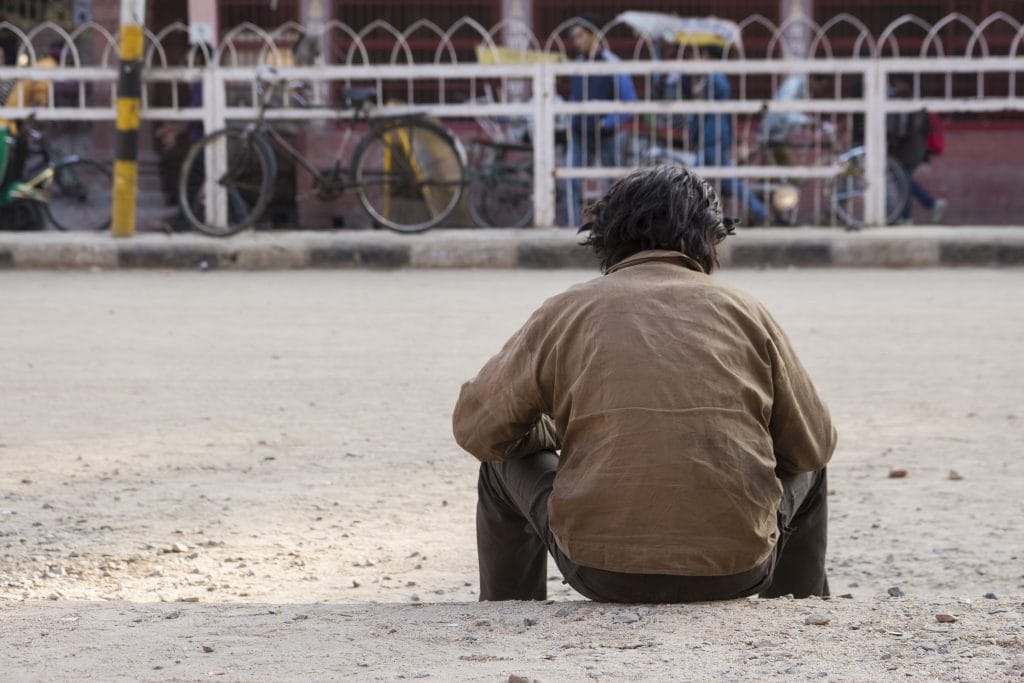
Mental health disorders affect roughly ten percent of Indians. 56 million Indians suffer from depression alone and 38 million experience anxiety disorders. Despite this, there is an enormous shortage of mental healthcare professionals across the country and much stigma is attached to the condition, dissuading many from coming forward and seeking treatment.
“There is a fifty to seventy percent treatment when it comes to mental illness.”
This manifests in a treatment gap spotlighted by recent figures released by the Union Ministry for Health and Family Welfare (MoHFW). There is a fifty to seventy percent treatment gap when it comes to mental illness, the statistics suggest.
Staffing shortages go some way towards accounting for this disparity. Just 898 clinical psychologists and 3,800 psychiatrists are available to service the entirety of India’s population with mental health conditions. They are heavily concentrated in urban areas. This entails that the mental health of those living in rural areas often goes neglected.
“Mental healthcare languishes when it comes to the Union Budget, accounting for just 0.16 percent of the Centre’s already meagre allocation for health”
Mental health is an issue to which Prime Minister Narendra Modi and President Ram Nath Kovind have both drawn attention in recent years. Yet mental healthcare languishes when it comes to the Union Budget, accounting for just 0.16 percent of the Centre’s already meagre allocation for health.
With suicide a leading cause of death among vulnerable groups, including students and farmers, it is clear that the treatment gap in mental healthcare carries a very real, profound human cost. Many of those who cannot access the treatment they need may feel compelled to undertake desperate measures. It is the responsibility to safeguard the wellbeing of those with mental health conditions, across the full spectrum, and to do so without stigma and discrimination, but empathy and understanding.

